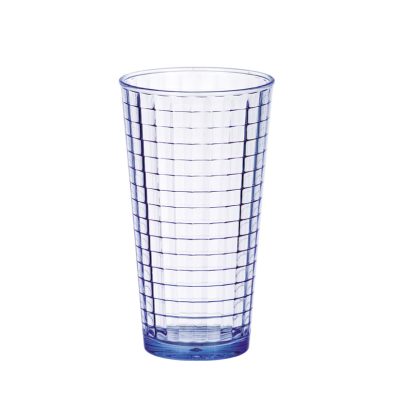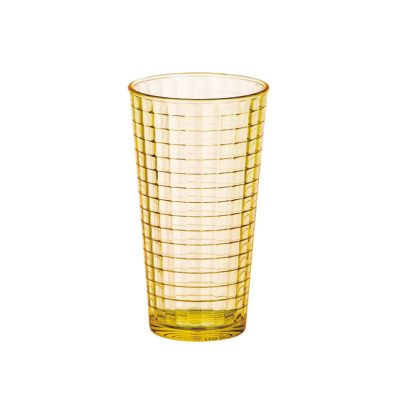1. PET polyethylene terephthalate. Common mineral water bottles, carbonated beverage bottles, etc. It is heat-resistant to 70°C and easily deformed, and there are substances that are harmful to the human body melted out. Plastic No. 1 may release the carcinogen DEHP after 10 months of use. Can not be placed in the car in the sun; do not pack alcohol, oil and other substances.
2. HDPE high density polyethylene. Common white medicine bottles, cleaning supplies, bath products. Do not use it as a drinking glass, or use it as a storage container for other items. Incomplete cleaning, do not recycle.
3, PVC polyvinyl chloride. Common raincoats, building materials, plastic films, plastic boxes, etc. It has excellent plasticity and low price, so it is widely used and can only be heat-resistant to 81°C. It is easy to produce bad substances at high temperature, and it is rarely used for food packaging. Difficult to clean and easy to remain, do not recycle. Do not buy if it is packed with drinks.
4. PE polyethylene. Common cling film, plastic film, etc. At high temperature, harmful substances are produced. After the poison enters the human body with food, it may cause diseases such as breast cancer and birth defects of newborns. Do not put plastic wrap in the microwave.
5. PP polypropylene. Common soy milk bottles, yogurt bottles, juice drink bottles, microwave lunch boxes. With a high melting point of 167°C, it is the only plastic case that can be placed in a microwave oven and can be reused after careful cleaning. It should be noted that for some microwave lunch boxes, the box body is made of No. 5 PP, but the lid is made of No. 1 PE. Since PE cannot withstand high temperatures, it cannot be put into the microwave oven together with the box body.
6. PS polystyrene. Common bowls of instant noodle boxes and fast food boxes. Do not put it in the microwave oven to avoid the release of chemicals due to high temperature. After filling with acid (such as orange juice) and alkaline substances, it will decompose carcinogens. Avoid packing hot food in snack boxes. Do not cook instant noodles in bowls in the microwave.
7. Other types of PC. Common kettles, space cups, feeding bottles. Department stores often use water cups made of this material as gifts. It is easy to release the toxic substance bisphenol A, which is harmful to the human body. Do not heat when using, and do not expose to direct sunlight.








